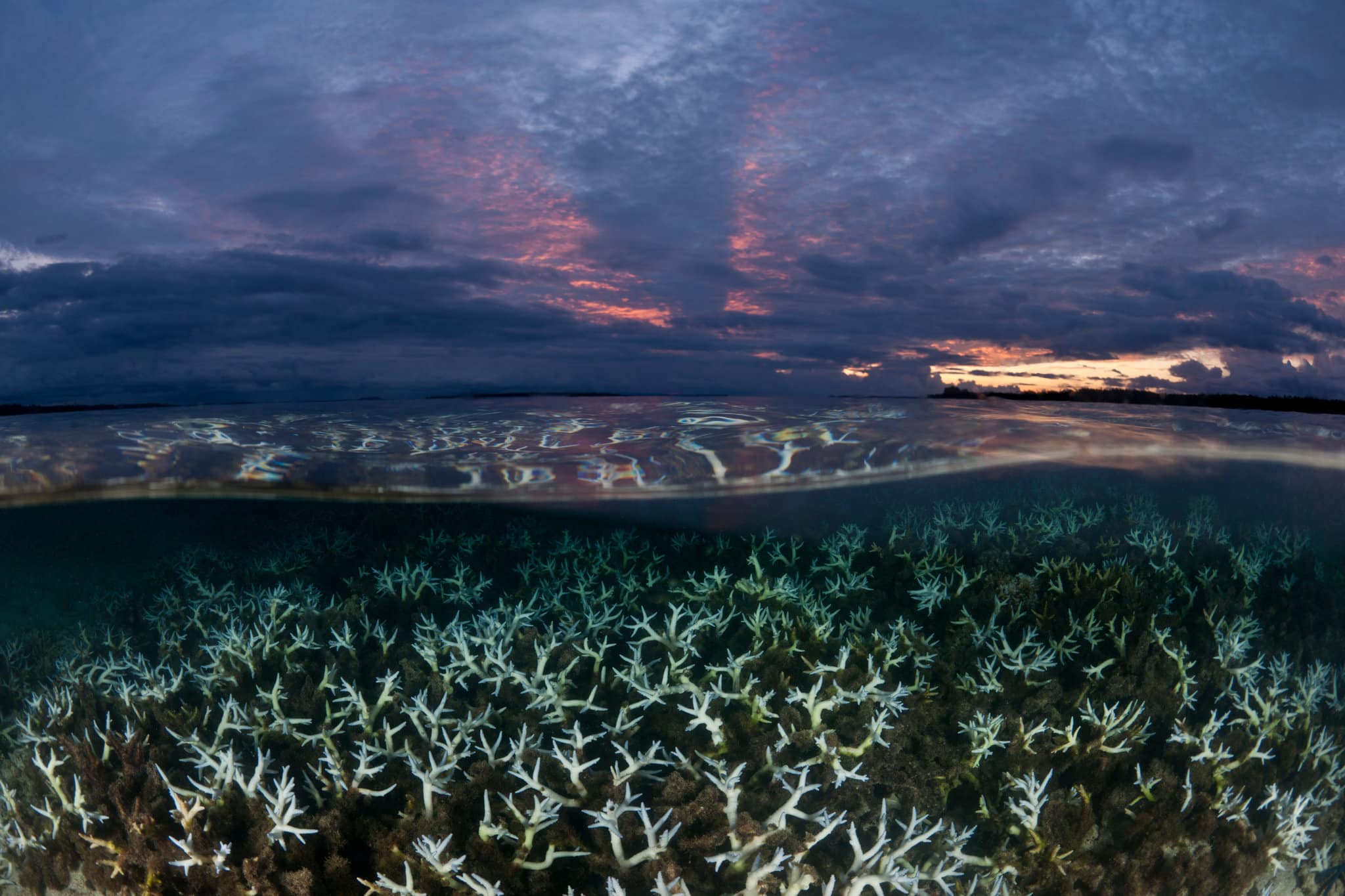Oceans at Risk as Global Temperatures Surge

The health of the Earth’s oceans has deteriorated more than previously believed, according to new research. Scientists warn that rising acidity levels have pushed the seas into a perilous state, a situation that began around five years ago. The study highlights that increased carbon dioxide emissions from industrial activities, particularly fossil fuel combustion, are primarily responsible for this alarming trend. The resulting acidification poses a significant threat to marine ecosystems and the coastal communities that rely on these waters for their livelihoods.
Oceans May Have Crossed the Danger Zone in 2020
A recent study published in the journal Global Change Biology reveals that ocean acidification has progressed more rapidly than earlier estimates suggested. Researchers indicate that the oceans may have entered a critical danger zone as early as 2020. Previous studies had warned that ocean acidity levels were approaching a threshold that could have dire consequences for marine life. The new findings underscore the urgency of addressing this environmental crisis, as the implications for marine biodiversity and human communities are profound.
How Ocean Acidification Happens
Ocean acidification occurs when excess carbon dioxide (CO2) from the atmosphere is absorbed by seawater. This process leads to the formation of carbonic acid, which lowers the pH levels of the ocean and disrupts the availability of essential carbonate ions. These ions are crucial for marine species like corals and shellfish, which rely on calcium carbonate to construct their skeletons and shells. As the ocean becomes more acidic, these vital organisms face increasing challenges, threatening the overall health of marine ecosystems.
The Planetary Boundary May Be Breached
Recent research indicates that the levels of ocean acidification may have surpassed previous estimates, with a decline in aragonite—an essential form of calcium carbonate—exceeding 19% from pre-industrial levels. Scientists express concern that this shift could destabilize marine ecosystems and have far-reaching effects on coastal economies. The situation is described as a ticking time bomb, with potential socioeconomic and environmental repercussions that could affect millions of people who depend on healthy oceans.
Global Consequences of Acidification
The findings of this study align with long-standing fears among scientists regarding the impacts of ocean acidification. The current levels of acidity have exceeded the limits necessary for maintaining a stable and healthy marine environment. As critical habitats continue to degrade, the consequences are expected to ripple through ecosystems, harming biodiversity and jeopardizing food security for communities that rely on the oceans for their livelihoods. The urgency to address this issue has never been greater, as the health of the oceans is intrinsically linked to the well-being of human populations worldwide.
Observer Voice is the one stop site for National, International news, Sports, Editor’s Choice, Art/culture contents, Quotes and much more. We also cover historical contents. Historical contents includes World History, Indian History, and what happened today. The website also covers Entertainment across the India and World.
Follow Us on Twitter, Instagram, Facebook, & LinkedIn

